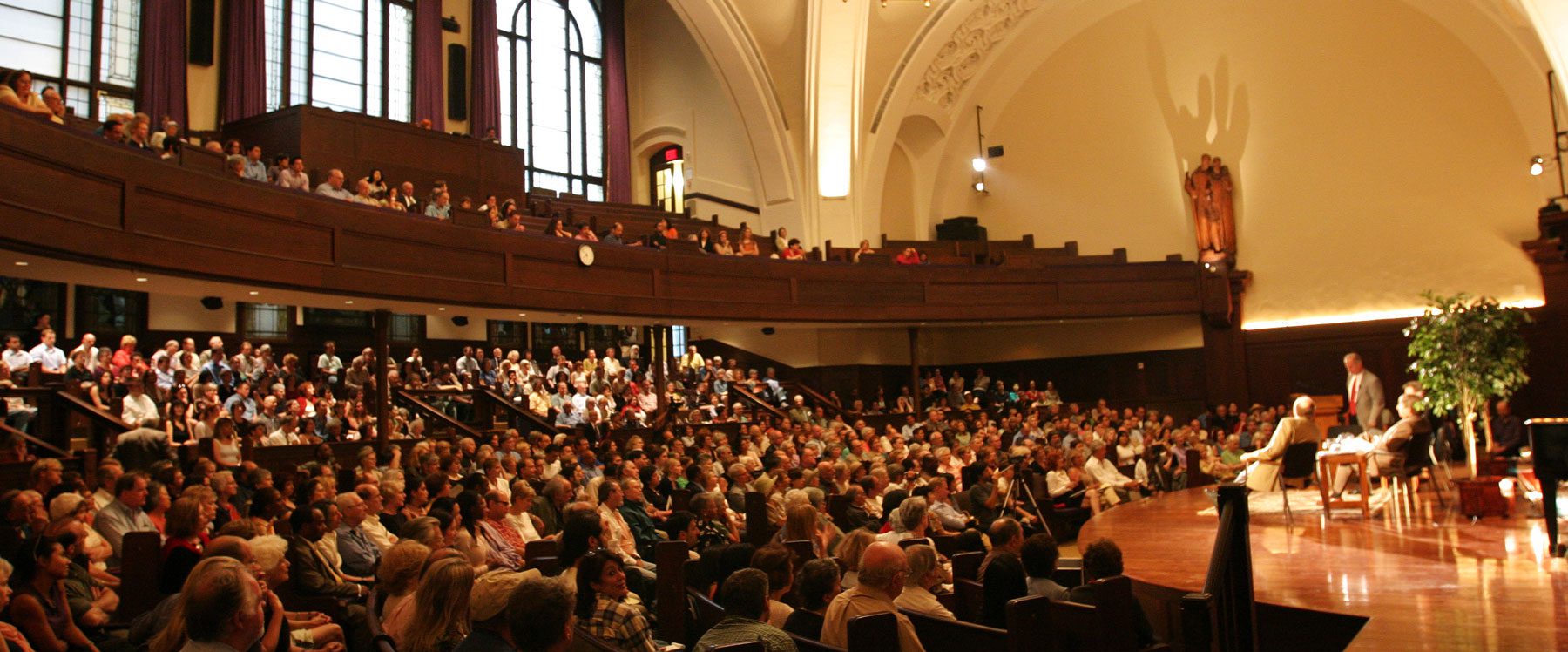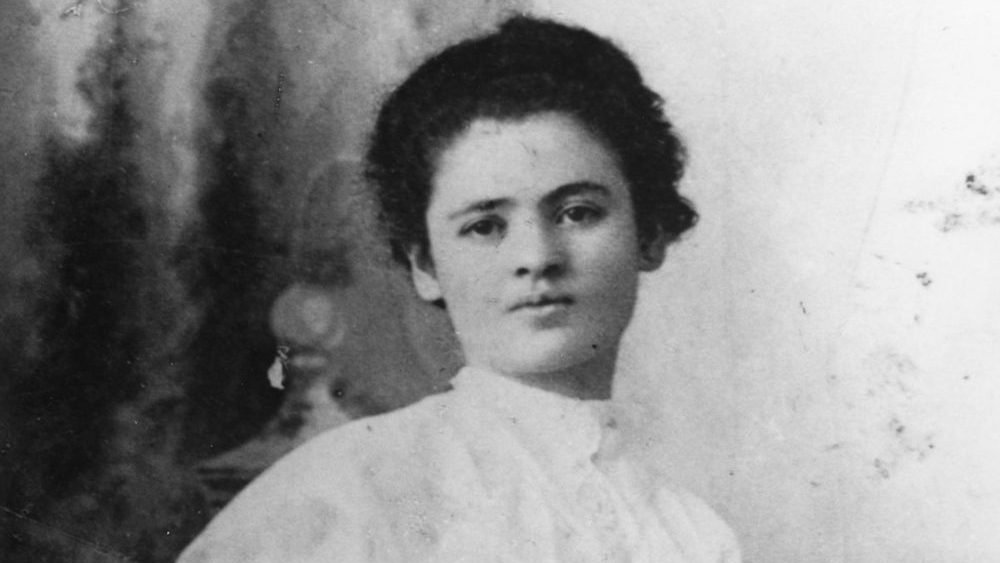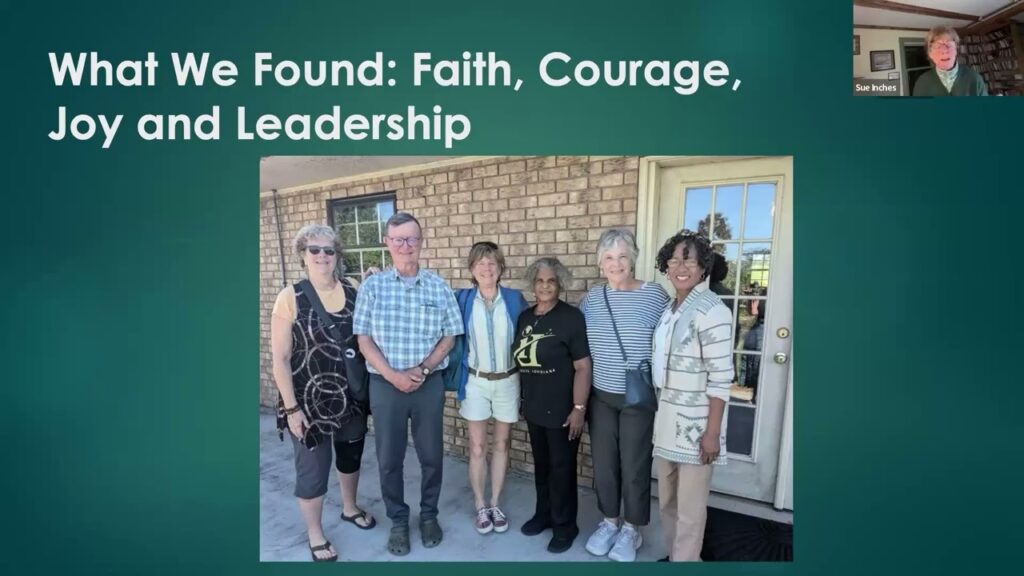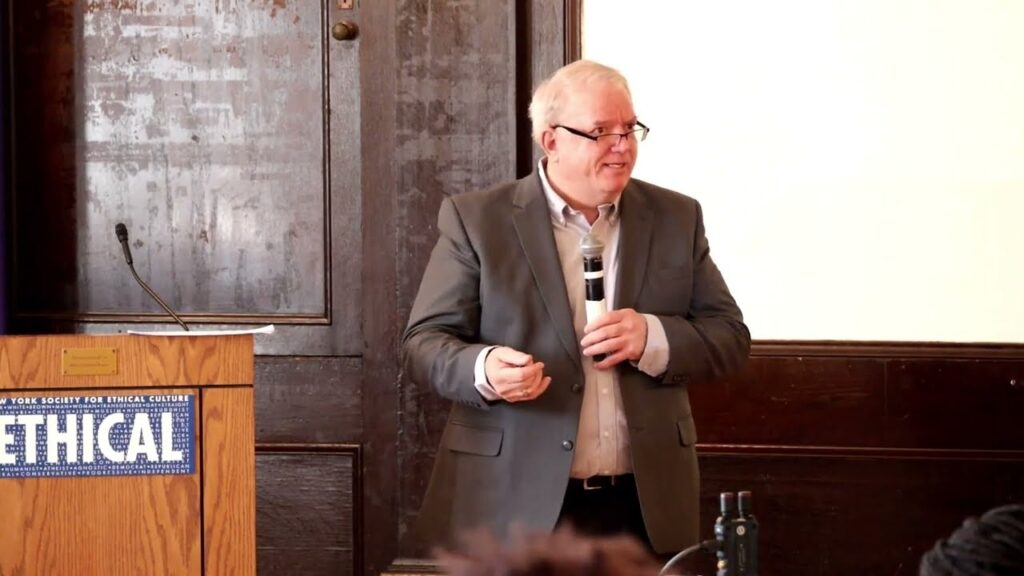
Once upon a time, when ours was an agricultural society, winter was the season of reflection. The hard work and celebration of harvest were over: Food was stored for people and animals alike; the wood was piled high for the stove; and everyone rested. Of course, there were always chores to do, stray animals to find, and blizzards to endure. But winter was welcomed for the opportunity to settle in and renew family connections, read books, and tell stories.
Today we live in a technological society. The forty-hour work week is a thing of the past now that we are all electronically connected. The ring of the telephone was intrusive enough; now we have Blackberry devices that twitter. We no longer live with the natural rhythms of the seasons; instead, we create artificial environments and schedule every day’s activities. Even vacations, though escapes to other places, are programmed to deliver maximum pleasure.
When do we allow ourselves time to reflect upon our lives? How can we find meaning and purpose in our lives if we do not listen to ourselves, learn from our experiences, share what we have learned with others, and listen to them? We need to stop and take a deep breath, feel that breath in our bodies, and draw inspiration from the simple fact of breathing. Then we need to settle in and renew our connection with ourselves.
Summer offers me some respite, and it started in June at the American Ethical Union Assembly in St. Louis. Yes, there were meetings many and long, but there were also conversations with colleagues and members that inspired me. I had an opportunity to reflect upon the nature of Ethical Humanism and why it still offers my life such meaning.
As we struggled at the National Leaders Council meeting to articulate a clear identity and definition of Humanism as a philosophy, a way of life, and a religion to offer our members, I thought about my own spiritual journey. I was brought to the religion of Roman Catholicism by my family: Gram taught me to recite prayers; Mom and Dad took me to church with them; my sister and I saved our allowance to give to the missions in Africa. I loved growing up in St. Anne’s community and cherish what I learned there. As a young adult, I explored the literature and practices of other religions, drawn as many people of my generation were, to exotic Eastern philosophies. When I married and had my own family, Glenn and I found Ethical Culture, and the Brooklyn Society became our spiritual home.
Now my children our grown and on their own, and I stay. Humanism is my religion, and Ethical Culture is my denomination. It’s not just about the belief – “a naturalistic philosophy that rejects supernaturalism and relies primarily upon reason and science, democracy and human compassion,” as Corliss Lamont put it – but about the practice of engaging with others and the world. That is where I find religious meaning.
Religion should comfort the afflicted and afflict the comfortable. It should provide a transformative experience. I can settle in with like-minded people and create a comfort zone for us where we are never challenged to think or feel differently. I can also choose to test the limits of what I belief by engaging with people and groups who form other circles, challenging myself, as well as them, to find common ground. That’s what founder Felix Adler encouraged us to do. That’s what my uncle, Father Thomas O’Keefe, encouraged me to do, too, whether it was supporting my journeys to other countries or to other books in the library.
Bringing out the best in others and in ourselves means looking for the unique gifts every human being possesses and connecting with their goodness, no matter what their beliefs. I am changed when I listen deeply to others. My life is transformed when I engage in human relationships. I want that challenge and change in my life. It gives my life meaning.
Take some time this summer to reflect. You just might find religion.







